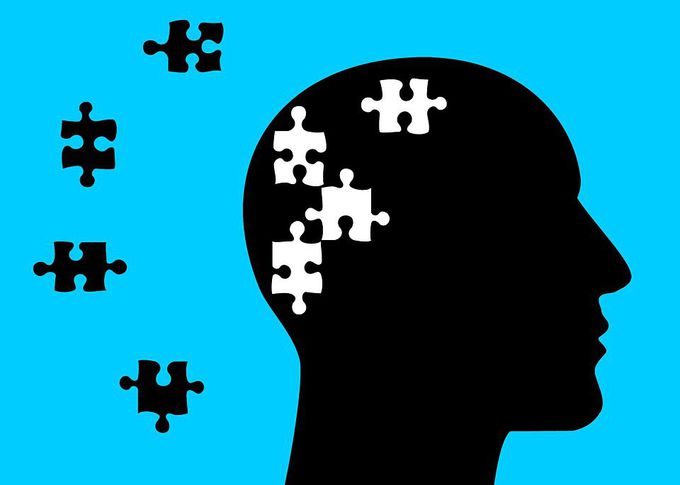


AI better at predicting Alzheimer than doctors
Alzheimer's is a neurodegenerative disease of the brain. It affects memory, thinking, and behavior, and is irreversible. 1 in 10 people over the age of 65 in the US have Alzheimer's disease, making it the 6th most common cause of death in the United States and 5th leading cause of death for those above the age of 65¹. Generally, Alzheimer's disease is diagnosed based on the signs and symptoms of dementia and ruling out other possible causes of dementia. Tests are conducted to test memory impairment, changes in behavior, and thinking skills. MRI and CT might be done to rule out other causes of Alzheimer's. Though the only way to accurately diagnose it is a brain biopsy after death. IBM and Pfizer used data from the Framingham heart study to train an AI to look for changes in speech patterns over time to check for degenerative changes. Previous attempts at predicting Alzheimers were through biomarkers in the blood and brain but these speech patterns arrive even earlier than them. The Framingham heart study followed 5000 people and their families since 1948 for changes in health and the data recorded. Using this data, the AI can predict who will get Alzheimer's disease 7 years before diagnosis with 70% accuracy. Early diagnosis can help doctors to start therapy early on. This will also help observe the progress of the disease over time which might lead to the development of a cure since when Alzheimer's is diagnosed, it has usually reached the stage where nothing can be done. References:- 1.https://alz-journals.onlinelibrary.wiley.com/doi/full/10.1002/alz.12068 2.https://www.cnet.com/health/researchers-are-using-ai-to-predict-alzheimers-disease-seven-years-before-clinical-diagnosis/ 3.image credit:- https://pixabay.com/illustrations/mental-health-mental-health-head-3337026/
Living with Alzheimer’s disease was one of the hardest experiences of my life. The memory loss, the confusion, and the fear of losing myself weighed on me every single day. I had tried so many treatments and medications, but nothing seemed to stop the disease from progressing.Out of both hope and desperation, I came across NaturePath Herbal Clinic. At first, I was skeptical, but something about their natural approach and the stories I read gave me the courage to try one more time.I began their herbal treatment program, and within a few weeks, I noticed small changes clearer thinking, better focus, and a calmer mind. Over the months, those improvements became more and more obvious. Today, I can truly say my life has changed. My memory has improved, and I feel more present and engaged than I have in years.This isn’t just a testimony it’s a heartfelt recommendation to anyone struggling with Alzheimer’s or other chronic conditions. Don’t give up hope. I’m so grateful I gave NaturePath Herbal Clinic a chance. Visit their website to learn more: www.naturepathherbalclinic.com info@naturepathherbalclinic.com


